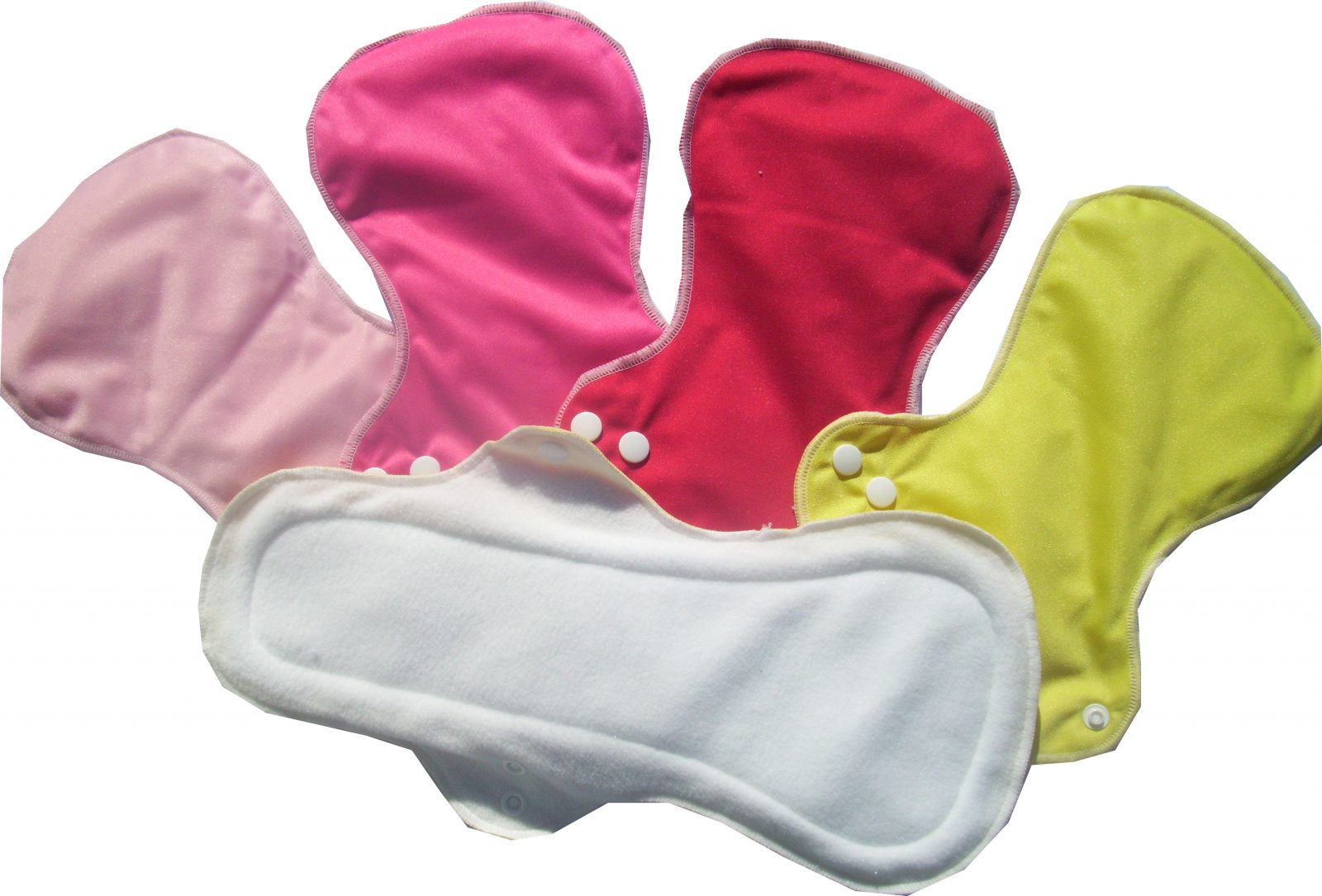Mpopoma residents in Bulawayo and orphans at Vulindlela orphanage have urged the government to allocate a national budget for sanitary pads, a move they think would see the hygienic cloth being given free of charge at health institutions.
According to a 2015 survey, 67% of rural girls and women use rags, cow dung, newspapers and leaves to stem menstruation flow while about 20% of rural girls do not report to school while menstruating as they fear to be stigmatised when they mess themselves.
The Zimbabwean government suspended duty and scraped off value added tax (VAT) on sanitary pads to promote the availability and hygiene of women under statutory instrument 264 and 265 of 2018 however, this has not stopped price hikes on sanitary wear.
Speaking during a donation of reusable pads at Vulindlela orphanage by Lady Rose and Bulawayo Vendors and Traders Association (BVTA), recently, residents said high prices of pads were a violation of their rights pointing out that the government is not serious about the dignity of women and girls.
“Batai-munhu (alcohol) is very cheap, condoms are being given for free at clinics whereas sanitary pads are very costly starting from ZWL$10 upwards so, this is why I’m saying the government has to be serious about the girl child,” said Khumbulani Maphosa, a Bulawayo activist.
“Providing sanitary pads to the whole of Zimbabwe is actually cheaper compared to a single Member of Parliament (MP’s) trip and purchasing fancy cars for the government officials, therefore, I urge women to stand up non-violently for their rights and we, as men, will support them.”
Lady Rose project representative, Nqobile Ndlovu said they were happy to donate the reusable pads to the orphanage and offer training on how to use them.
“Many people disagree and denounce the use of reusable pads but they are a necessity in a time of need, they are only a stop-gap measure because we don’t have what we want right now,” said Ndlovu.
“We use fleece, toweling and water-proofing materials to make these pads and the advantage of using fleece is that it doesn’t fade in color, it’s so soft to prevent one from developing rash on the genital area.”
Ndlovu said those who use re-usable pads should practice self-hygiene.
“When using these pads use warm water, washing powder or green bar to wash the reusable pads, it should be hung directly facing the sun to dry completely before ironing it using a cool iron,” he said.
Although there were mixed feelings about the use of washable pads, women and orphans expressed gratitude saying they will go a long way in ensuring that they lead proper lives.
“We don’t afford sanitary pads at local supermarkets because they are expensive and for that, we are grateful to the Lady Rose initiative for giving us these washable pads,” said Margareta Ncube, a 16-year-old orphan at Vulindlela orphanage.
In addition, Patricia Tshabalala, the founder of Vulindlela Orphanage, said she was grateful for the donation which came in handy to assist the orphans and encouraged more women and children to come in numbers for training on how to produce more washable pads.
“I wish these good things to keep happening even after I pass away and I’ve already started grooming some women and children to take over this children’s home after me,” said Tshabalala.
“Women must desist from using bottom power to get in some powerful positions in life but must stand together and fight together to be heard in the society”.

